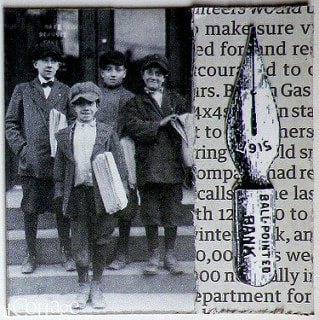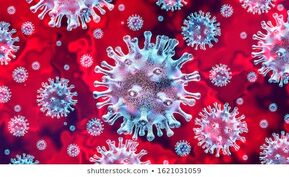What to do to prevent getting sick / if you suspect you are / if you areQ: What should I do if I suspect COVID-19? A: According to reports from nearly 56,000 confirmed cases in China, people develop such symptoms as a dry cough, shortness of breath, sore throat, fever, body aches and extreme fatigue — symptoms that can overlap with those of the flu, cold or allergies. Also, some people who have the coronavirus show no symptoms. |
Q: What should I do if I get sick?
A: The general advice is rest and drink plenty of fluids. Most people with mild cases get better in about two weeks. Severe cases may take three to six weeks to resolve. Doctors can give only supportive care, and there are no approved treatments.
Q: Should I be wearing a mask?
A: Infectious disease doctors, epidemiologists and officials from the Centers for Disease Control and Prevention are in agreement: If you are not sick, there is no reason to wear a mask. Common surgical masks won’t block the coronavirus, which is about 900 times smaller than the width of a human hair, once it is in the air. But they can block droplets from a sick person. There are specialized masks, such as N95 masks (because they filter out 95% of airborne particles), that are more effective, but they must be fitted and tested.
Q: Does the pneumonia vaccination help fend off pneumonialike symptoms with coronavirus?
A: While seniors are encouraged to get that vaccine, it won’t protect against the viral pneumonia associated with COVID-19.
Q: If you get the virus , are you immune?
A: Researchers are still learning, but “there is some evidence that people can be infected more than once over subsequent years,” said Dr. Susan Kline at M Health Fairview. “But I don’t think we know yet.”
Q: Can the coronavirus live on surfaces , for example in retail or food settings?
A: It is possible for the coronavirus to be on things that get touched frequently, such as door handles and elevator buttons. But the virus doesn’t last long on objects such as letters or packages, the World Health Organization said. As long as you wash your hands before touching your face, you should be OK, because viral droplets don’t pass through skin. Gary Whittaker, a professor of virology at Cornell University College of Veterinary Medicine, said using a simple disinfectant on a surface can break the delicate envelope that surrounds the tiny microbe, rendering it harmless. If a sick person handles food or it’s a high-traffic buffet, risks cannot be ruled out — but heating or reheating food should kill the virus, he said.
STAFF and WIRE REPORTS



 RSS Feed
RSS Feed